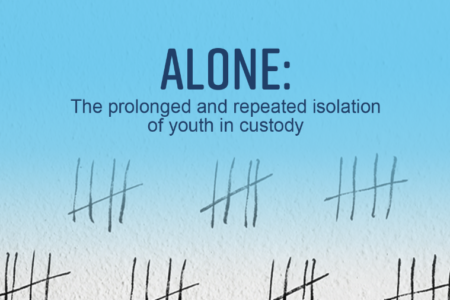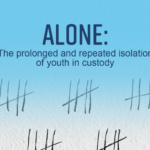COMMENT: 'Class Composition' is more than an abstract bargaining term in the current BC teachers' strike
Our Canadian school system is based on many principles, but one central theme is the concept of ‘inclusion’. If you don’t like the idea of Inclusion, of your child going to school with someone with autism, anxiety, downs, dyslexia, or other learning needs, then one of the private schools with rigorous screening-out processes are the best place for you.
But just like your child now goes to school with children of colour and Aboriginal children and most other groups that were once segregated, special needs are not segregated as a matter of course. I’d like to think this Inclusion is because we have grown up and evolved as a society. And anyway, evolved or not, your child will live in a society with all types of people. Wouldn’t it be great that they learn how to make that community work as part of their school, their growing up, experience?
So, inclusion.
Most children with extra needs (“special needs”) are no longer segregated. Unless the child really cannot thrive in a typical classroom (there are still segregated schools and classes and programs for the most severely challenged children).
In 2002, the BC Liberal government eliminated the class composition formula that counted many special needs kids as “two kids” (or more than one) in the class and limited the number of extra needs kids in each class. Knowing my children, and without pointing fingers at my son (okay, I’m talking about my son) there are children with extra needs that take the effort of 4 kids. Counting them as at least “two” only seems fair, so that your typical child can actually get some time with her teacher.
The ripping up of this contract, that included class composition formulas, has been deemed unlawful by our courts TWICE. But the government continues to fight it. Please ask yourself why. Why would a government fight so hard to NOT improve public education?
At the same time that Class Composition formulas were ripped up, so were the limits on class sizes. So classes got bigger, and included more children of any and all needs. What once was a class of 25 with 2 autistic children in it would now be a class of 30 or 32 with 2 autistic children, 1 gifted, 1 dyslexic, 1 with anxiety and 1 with mobility challenges. That is six children with different needs than the rest of the “typical” class. Imagine one teacher (and if she/he is lucky, one assistant) managing that classroom. I have a friend with 32 kids in a class and 8 “coded” kids (teacher talk for children with actual designations as special needs). This is real folks.
And please note that children who do not have enough food to eat, and there are far too many of those in BC, are not “coded” as special needs kids. Neither are children who are struggling with divorce or death or any multitude of challenges that teachers help kids through. And moreover, the children who are on the insanely long wait lists for assessment, diagnosis and much needed support are (mostly, except in passing) not accounted for in the provision of support for classrooms.
Teachers are fighting for reasonable class sizes with reasonable class composition. What exists today is not reasonable in many, many classes.
I won’t even go into wages here. But I will say we are asking professionals, with 5 to 7 years of university education, to do too much with too little. We are giving too little respect. Ask your child’s teacher about her class composition one day… they can’t give you details, but they might share some round numbers. Ask.
Then ask yourself what you could teach 32 children, 8 with different learning needs, in the space of an hour long social studies class.
Then think. Then show respect for these professionals that are building our future community values – shaping our future society.
Come on government. Get. This. Right. Our future depends on it.
Andrea Kennedy is a mother and engineer who lives in the Lower Mainland.






















